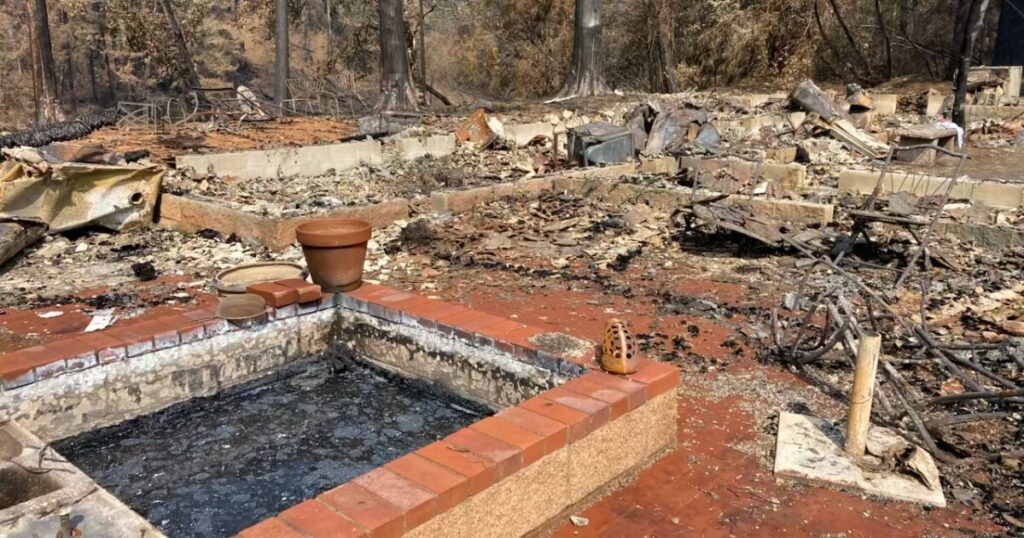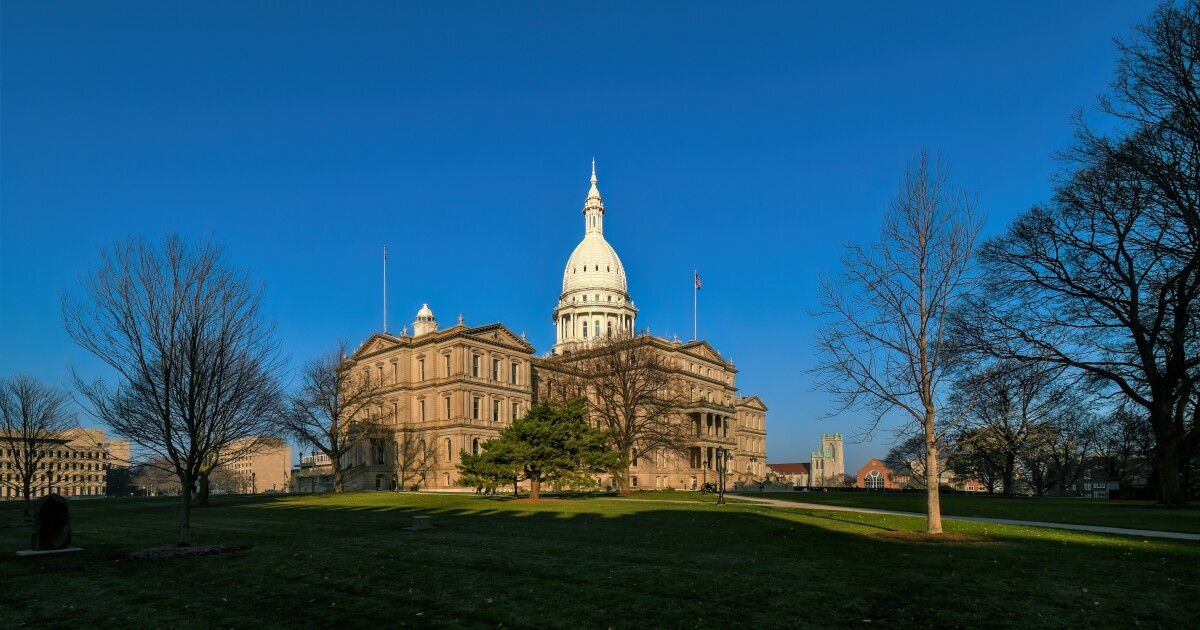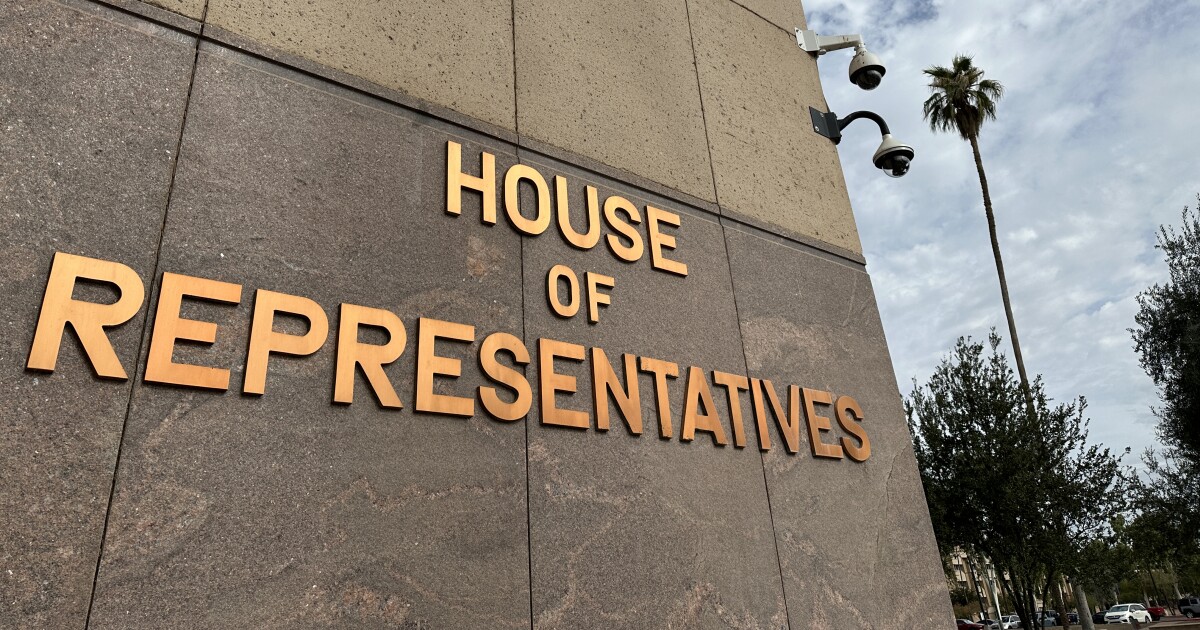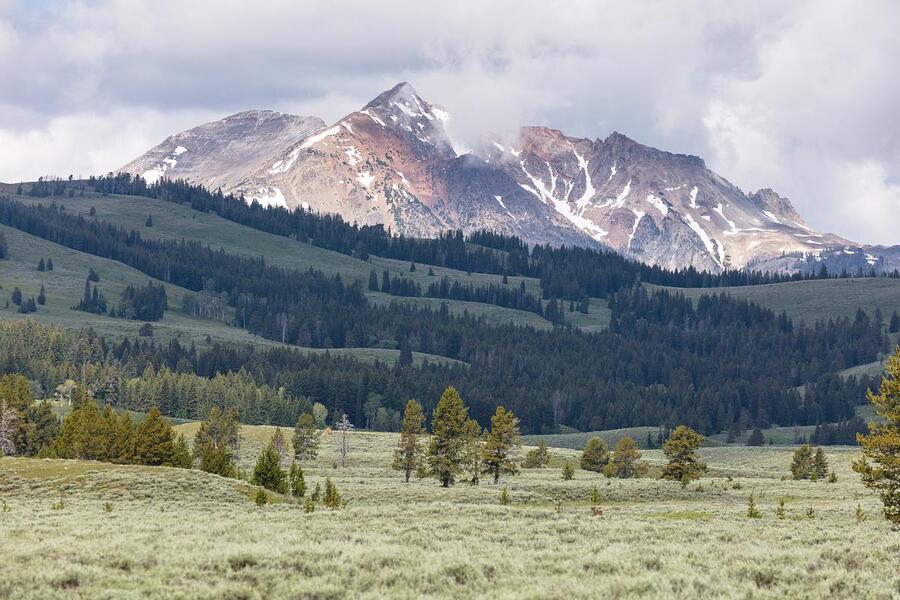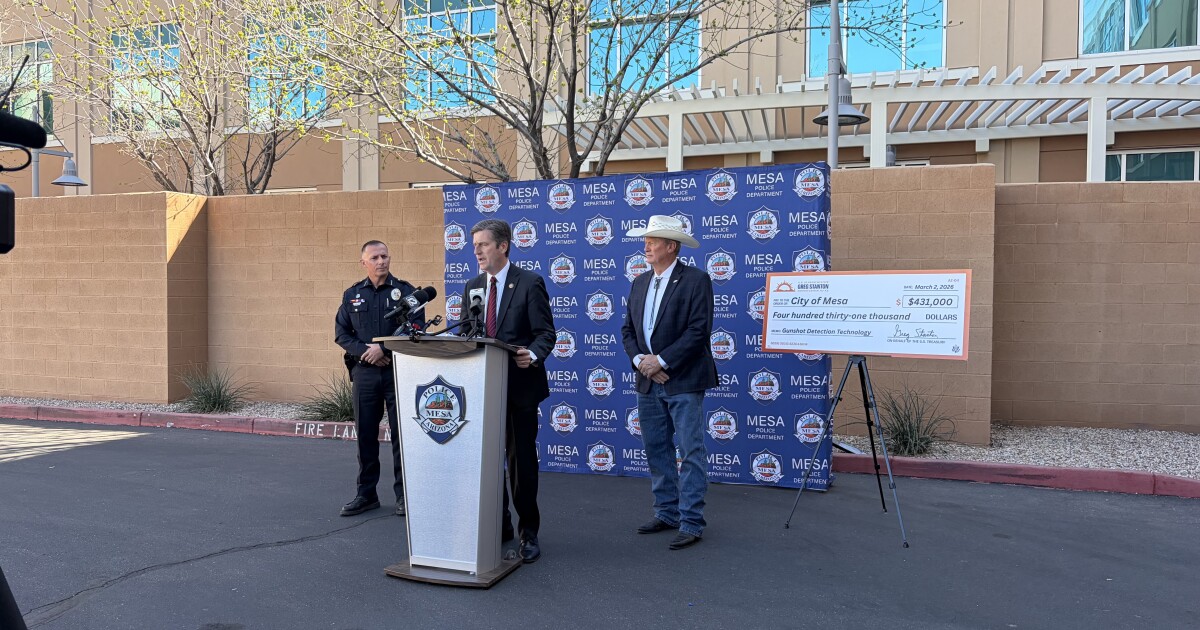Wildfires Ignite Debate Over Utility Liability and Consumer Impact
In the wake of devastating wildfires, the intricate dance between utility companies and state legislators is taking center stage. As states grapple with increasing wildfire risks, the role of utility companies in these disasters and their financial responsibilities are being reevaluated.
The story of Sam Drevo and his mother, Perry, encapsulates the human cost of these fires. Their house, known as the “art house” due to their shared love of art, was obliterated in the 2020 Labor Day Fires in Oregon. “It was, yeah, definitely a gut punch,” Drevo recalled. “I mean, it’s just changed the trajectory of your life.”
PacifiCorp, a major public utility in Oregon, faced a jury verdict of “gross negligence” for its role in starting the fires, resulting in a staggering payout of over $1 billion. This incident is not isolated; utility companies have been implicated in numerous wildfire cases across the Western United States, including the infamous 2018 Camp Fire in California, which claimed 85 lives and led to the bankruptcy of PG&E.
A Legislative Patchwork
Efforts to limit the liability of utility companies have sparked a flurry of legislative activity across the country. An investigation by the Mountain West News Bureau revealed that 18 of the 19 Western-most states have explored similar policies or legislation over the past six years, with varying degrees of success. Notably, Nebraska stands out with its fully public utility system, avoiding the liability debates faced by other states.
In states like Arizona, utility liability protections are tied to adherence to wildfire mitigation plans. State Sen. J.D. Mesnard expressed concern about utilities being easy targets for lawsuits, though he resisted offering them blanket protections. “My approach was, ‘You want high protections? You have to have a high threshold,’” he stated.
Complex Dynamics at Play
Utilities argue that they require legal safeguards due to their essential role in everyday life, emphasizing that unchecked liability could lead to increased costs for consumers. Colorado state Sen. Marc Snyder acknowledged this concern, noting that liability could translate into higher rates for taxpayers and utility customers.
However, critics like Barry Aarons, representing Arizona Trial Attorneys, question the sincerity of utilities’ arguments. He suggests that their primary concern is protecting shareholder interests rather than consumer costs.
Amid worsening wildfire conditions, utilities insist that some factors, such as lightning strikes and overgrown federal lands, are beyond their control. Nonetheless, the risk of wildfires is escalating due to prolonged droughts, heatwaves, and unpredictable weather patterns.
State Legislation and Financial Realities
Recent legislative efforts have yielded mixed results, with each state crafting unique solutions. Utah, for instance, has implemented some of the strongest protections for utilities, while California established a wildfire fund to address future liabilities without exempting utilities from responsibility.
Across the West, utilities have been implicated in over 11 wildfire cases since 2012, with settlements paid in at least five. Xcel Energy, for instance, is preparing for trial regarding the 2021 Marshall Fire in Colorado, despite denials of responsibility.
Warren Buffett, CEO of Berkshire Hathaway, highlighted the financial implications of wildfire liabilities in a letter to shareholders, noting the potential impact on profitability and investor confidence.
Financial Challenges and Consumer Impact
Utilities face significant financial challenges, with the cost of mitigating wildfire risks, including burying power lines, reaching astronomical levels. Travis Million, CEO of Golden Valley Electric Association, estimates the cost of underground transmission at $4 million per mile, making widespread implementation prohibitively expensive.
Oregon lawmaker Pam Marsh pointed out that the burden of these costs ultimately falls on consumers. “The cost involved in burying lines is so tremendous, and it is ratepayers you’re going to pay for them,” she said.
The Battle for Accountability
As debates over utility liability continue, insurance companies emerge as vocal opponents, cautioning that shielding utilities from responsibility could result in higher insurance rates for homeowners.
Despite the complexities, Sam Drevo remains steadfast in his fight for accountability, criticizing utilities for failing to take responsibility for their role in wildfires. “It’s just wild to see the political maneuvering that occurs on such a tangible and real issue that affects Oregonians and really affects all the people in the West,” he remarked.
For Drevo and others impacted by these fires, the path to recovery and justice remains fraught with challenges, as they continue to navigate the aftermath of devastation and the intricacies of legal battles.
This story was produced by the Mountain West News Bureau, a collaboration between Wyoming Public Media, Nevada Public Radio, Boise State Public Radio in Idaho, KUNR in Nevada, KUNC in Colorado and KANW in New Mexico, with support from affiliate stations across the region. Funding for the Mountain West News Bureau is provided in part by the Corporation for Public Broadcasting.
—
Read More Arizona News

